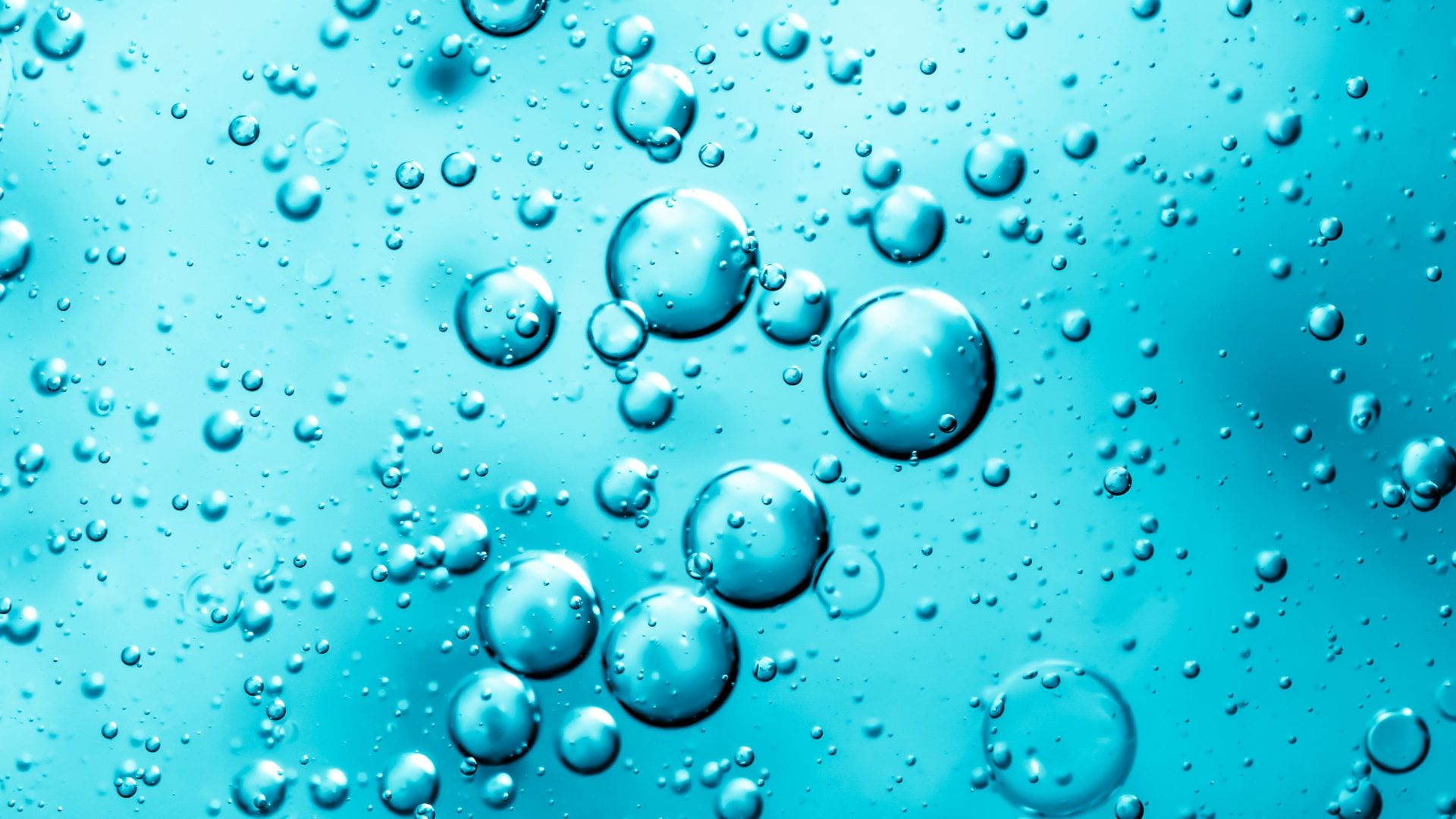A world-first study has successfully used Porous Liquids to achieve liquid-liquid separation for the first time, creating exciting potential for advancing both environmental sustainability and public health.
The research conducted by scientists at the University of Birmingham and Queen’s University Belfast discovered that Porous Liquids (PLs), meaning liquids with permanent cavities, can separate harmful or unwanted alcohols from existing aqueous mixtures.
The concept was trialled to address the major challenge within the aeronautical industry involving the commonly used, yet environmentally harmful, de-icer monoethylene glycol (MEG). MEG-watermixtures are used for de-icing, but this creates a harmful run-off posing significant risks, especially to aquatic species. Researchers were able to use Type 3 Porous Liquids to effectively absorb MEG while leaving the water behind, in some cases consuming 88% of the PL pore volume.
The discovery prompted further investigation into alternative ways this new method of liquid-liquid extraction could be used in other industries such as drinks manufacturing. The research team went on to use a non-toxic, pH-resistant PL to successfully reduce the alcohol content in wine and gin, potentially without detracting from the drinks’ flavour profiles.
Assistant Professor Deborah Crawford from the University of Birmingham says this discovery holds a lot of potential. She said:
“Porous Liquids were invented by Professor Stuart James at Queens University Belfast more than 10 years ago, but this is the first time they have been used for a liquid-liquid extraction. As part of this research we visited airports where there are huge tanks of this MEG-water waste mixture just sitting around. No one knows what to do with it because it’s too harmful to simply drain into the environment, so it’s just stored. Our testing showed that these Porous Liquids can now make it possible to extract the MEG from the water.
“A similar process allowed us to reduce the level of alcohol in gin and wine creating low alcohol options whilst potentially retaining all the flavour; something which most low/no alcohol brands currently struggle with. This innovation could be a game changer for the drinks manufacturing industry as it aligns with the growing consumer demand for low-alcohol beverages that look, smell and taste like favourite drinks but minimises the less desirable after-effects. We’re incredibly excited to take this concept to the next level and ultimately see it implemented.”



